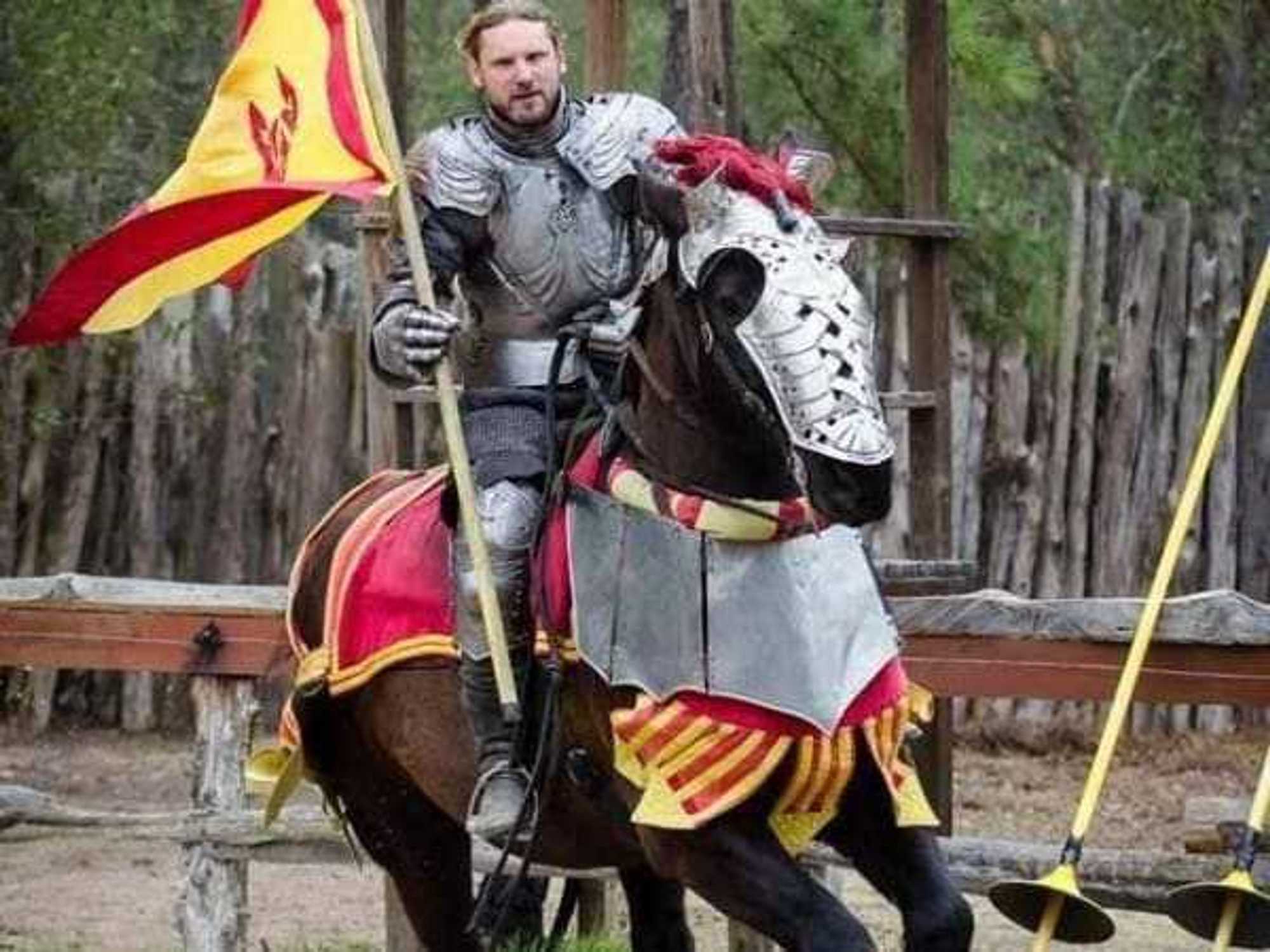austin film festival
Pariah transcends genre to explore the complexity of sexuality, race andadolescence
Summarizing Pariah as a coming of age film about a young, African-American lesbian is accurate but ultimately reductive. Don't be fooled into thinking this is a niche film for gay audiences, or black audiences, or black lesbian audiences – its themes of secrecy, identity, love and family betrayal ring universal.
We first see Alike, played with incredible depth by Adepero Oduye, at a gay club decked out in a flat brimmed cap and oversized shirt. Her hair is scraped back and hidden and, like her best friend Laura (Pernell Walker), she could almost be taken for a boy. Laura encourages Li, as she calls her, to dance with (or at least hit on) all of the available women moving to the beat. This is a club, after all, and clubs are a marketplace for romance and sex. Alike won't do it though, and Laura chides her for being so inexperienced. “You got to pop that cherry,” she tells her.
But Alike wants more. She writes poetry, makes straight As and struggles, like any teenager, with how to express herself and her sexuality. Her mother (Kim Wayans) buys her pink blouses and tries to delay the inevitable by curtailing Alike's activities and forcing her to socialize with a church friend's daughter, Bina (Aasha Davis). Alike is a daddy's girl but her father (Charles Parnell) can't bring himself to confront his daughter, even after his friends make nasty comments and his wife terrorizes the family with her anger.
Pariah presents a cohesive portrait of a troubled family whose rift grows over the course of the film. Kim Wayans looks like she might combust at any moment with grief and rage, but the inevitable explosion does nothing to allay tensions within the family or heal anyone's wounds. Wayans and Parnell aptly portray a grim marriage sliding into mutual hatred. Alike's little sister Sharonda (Sahra Mellesse) may tease her but when their parents fight, she climbs into her big sister's bed and whispers, “You know it's okay with me, right?” Bina offers some solace but their friendship takes Alike away from Laura and complicates her life further.
There are no easy answers in this film, and writer/director Dee Rees eschews surface portrayals in order to really explore who these people are. She clearly articulates why clubs are a safe haven for gay and lesbian youth who might be judged and ostracized elsewhere, but also shows why that space still doesn't provide enough. Through Laura, Rees also lets us see how friends have to fill the holes that family won't, and why Laura's bulldog protection of Alike is necessary, especially when allies are few and far between. With lines like, “I like girls but I love guys,” and “I'm not gay gay,” the film also explores the minefield that young women certain in their sexuality must trip through when seeking other young women for relationships. There's plenty of flirtation and one night stands available, but when will Alike find someone who both makes her happy and is willing to tell other people that they're together?
Adepero Oduye's incandescent smile is a joy to see onscreen and she gives an amazing, multilayered performance. Pernell Walker also shines, letting Laura's hurt and uncertainty show through her good-time facade. There are no weak links in this cast, and their commitment speaks volumes about Rees' talents as a writer and director. Audiences of all persuasions will be drawn into this poignant, honest look at the secrets we have to keep from our families and friends. Focus Features acquired Pariah at Sundance so it will reach those wider audiences soon. Don't miss it.
---
Learn more at Pariah's website.
